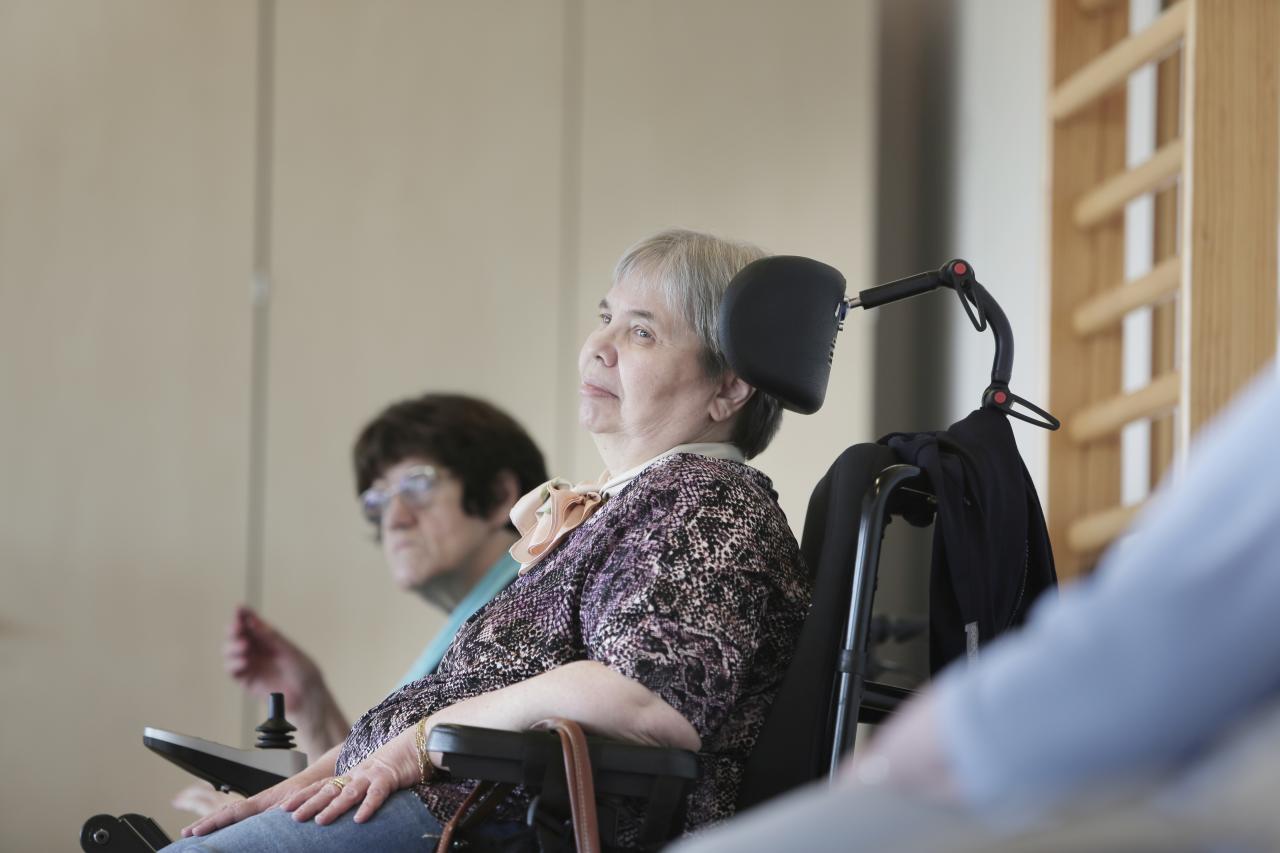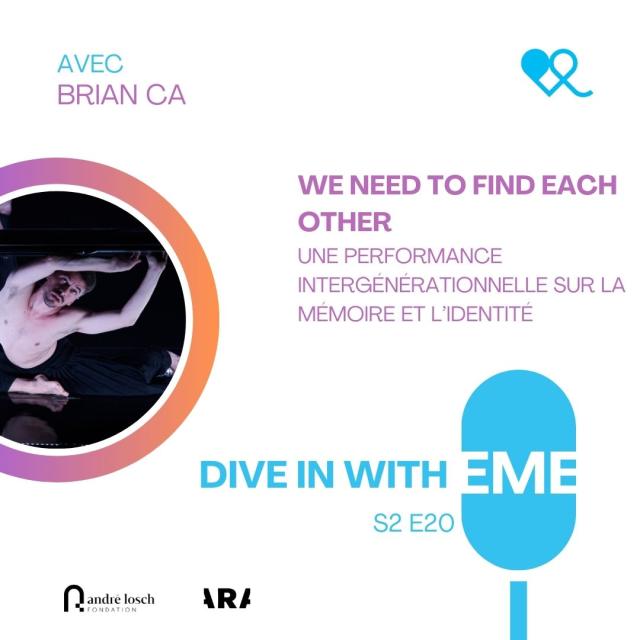Turtle Song
Published on 01 Oct. 23

The Fondation EME is organising a collaboration with Turtle Key Arts and the Philharmonie Luxembourg to give people with dementia access to a collaborative, joyful and stimulating musical activity.
By giving access to this project both to people with dementia and to their carers, family and friends, this project aims to stimulate participants socially, musically and physically in order to spread the positive impact that artistic and musical projects can have on people with dementia.
A better understanding of dementia
Dementia is a major neurocognitive disorder. It is a syndrome that develops itself in the context of a brain disease. In 2015, it already affected around 50 million people worldwide and is expected to affect more than 80 million by 2030, according to the World Health Organisation (WHO).
Dementia can strike anyone. Also according to the WHO, early-onset dementia (defined as the onset of symptoms before the age of 65) accounts for up to 9% of cases.
Dementia can take different forms. As you can read on the ALA Luxembourg website, there are over fifty forms of dementia, including Alzheimer's disease. Some of its symptoms are loss of memory, attention and language. It leads to a serious loss or reduction in cognitive abilities and a loss of autonomy.
The disease is progressive. At first, the person with dementia is forgetful… Then, the disease may mean they can no longer dress themselves, can no longer speak or even swallow. Worsening dementia also leads to disorientation, both in time and space. Another important aspect is that dementia has consequences for the person's psychological state: stress, anxiety, depression, anger and frustration, etc.
To find out more about dementia, contact Info Zenter Demenz.
Music and dementia
As with all people, music affects people with dementia in both body and mind.
Music awakens emotions and memories, sometimes positive and sometimes negative.
It can also have an impact on heart rate.
Finally, it can trigger a social reaction: for example, people may start singing spontaneously together.
To get a better idea of what music can trigger in people with dementia, here's a testimonial from Sarah Bergdoll, General Coordinator of the Fondation EME, who saw the effect of music on a dementia patient during the "Musik fliessen lassen" project.

“On Tuesday, during a singing workshop for people with dementia in a Luxembourg institution, the real benefits of music were demonstrated once again.
Among the participants was a woman in her fifties, unfortunately suffering from a fairly advanced stage of dementia and who, from what the carers told us, was already very much affected: agitated, not speaking, not sleeping, her whole body shaking.
But something magical happened during an Edith Piaf song. She came back, her posture changed, her eyes began to shine, the expression on her face lit up and suddenly, after the song ended and another began, she sat down, gave in to the music and began to doze off.
The educators couldn't believe it, some of them even had tears in their eyes…"
Music and dementia for the Fondation EME
The Fondation EME is keen to capitalise on the positive impact that music can have on people with dementia.
The Fondation EME organises a number of musical projects for people with dementia, including the EME Concerts – read more about the EME Concerts in this Wort article!
To ensure that our musical interventions with this audience are as effective as possible, we organised in March a training session on this subject for our musicians, led by Martine Wallenborn. During the course, the musicians were able to put themselves in the shoes of people with Alzheimer's, to better anticipate and understand their relationship with music. The training also served as a reminder of how certain reactions, which might seem insignificant or slight, can have a real effect on the person listening to the music.
In February, we also recorded an episode of our podcast Dive in with (e)me with Theo Hartogh: "Wenn Musikpädagogik für Menschen mit Demenz Erinnerungen zurückbringt, mit Theo Hartogh."
Turtle Song
In this context, we are organising the Turtle Song project between September and November. The Fondation EME is offering interested people the chance to join in the music writing and singing sessions.
The participation of family and friends in this project, during the workshops and/or in the audience at the final performance, could have a positive impact on the person's psychological state.
This project, which encourages artistic and social interactions, promotes a positive attitude through an enjoyable, shared activity, and gives the brain and body the opportunity for a stimulating exercise.
In this way, this activity will be a way of combating certain risk factors for dementia, such as depression, physical inactivity, loneliness and social isolation, etc.
Finally, professional musicians Ivan Boumans and Milla Trausch and students will be able to bring the best to the participants; indeed, this project – initiated by Turtle Key Arts – has already taken place many times in different English cities.
To conclude…
In this inclusive project, music aims to bring the liberating power of songwriting and singing to people with dementia, and those who experience it first-hand. In difficult times, music can help us to continue to forge links and give a voice to everyone. The texts that will be written may move us, surprise us or even question us… but above all, they will have been a platform for creativity to continue at all stages of life.



